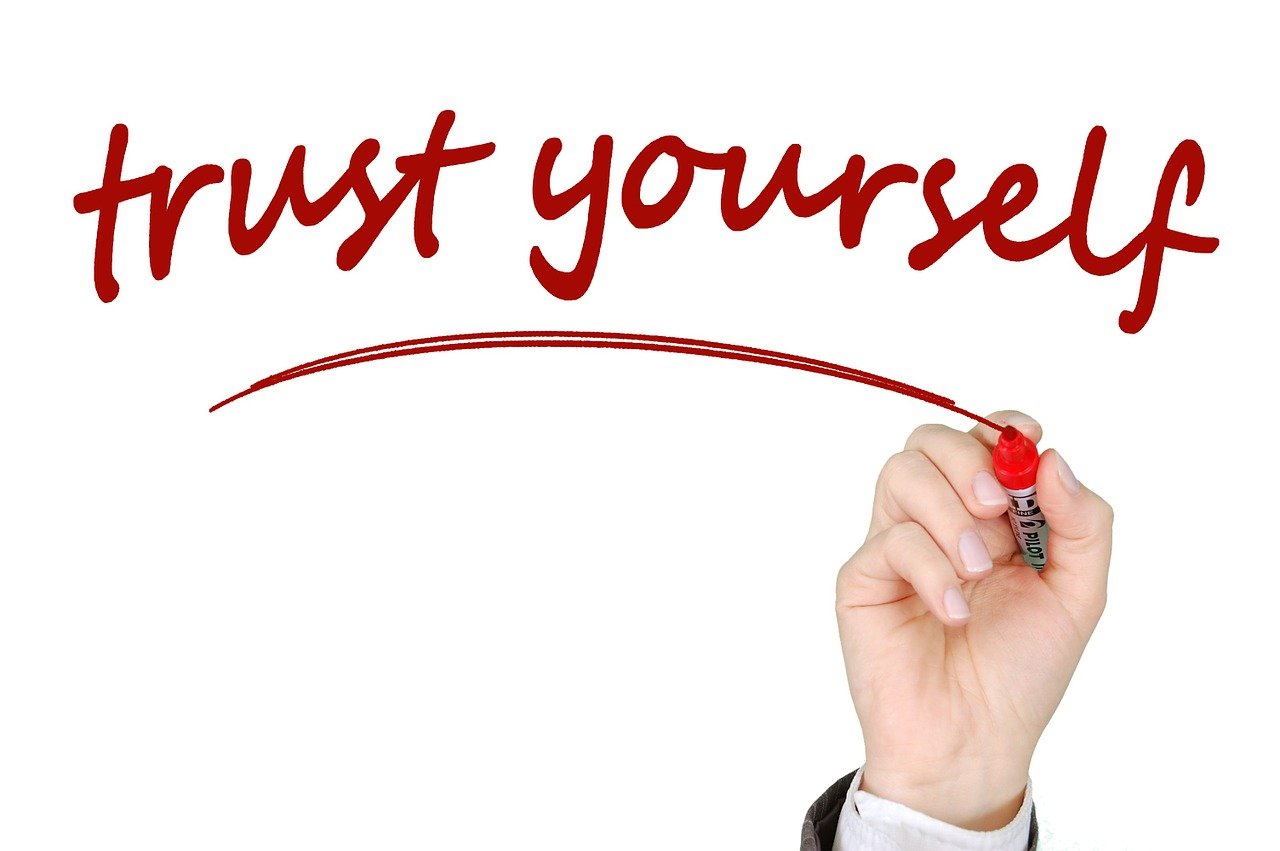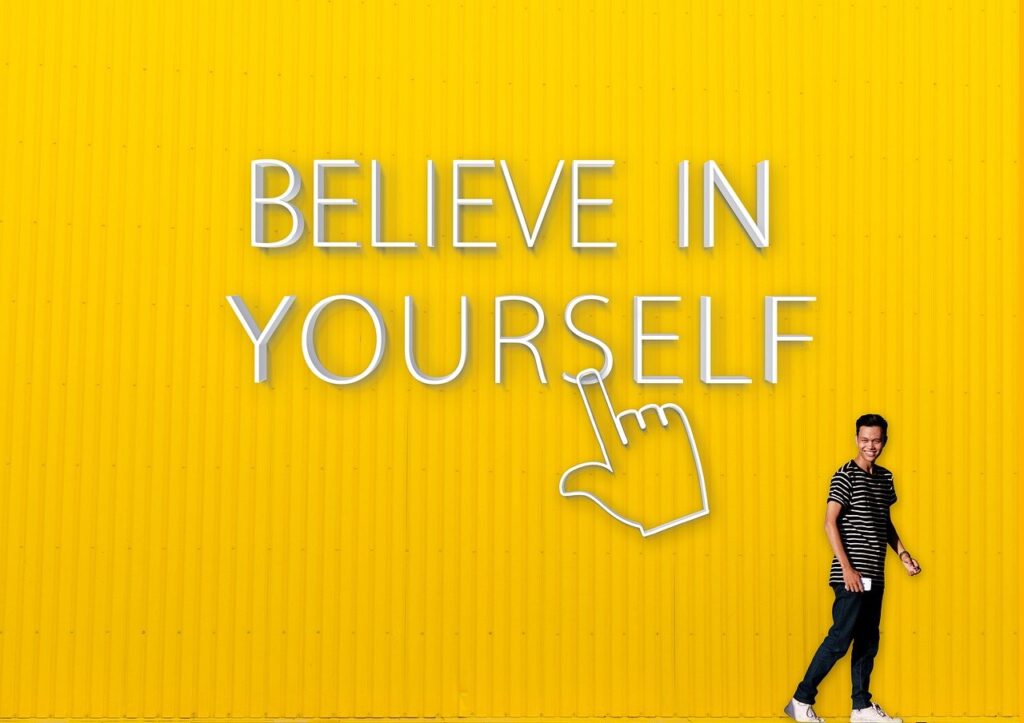Self-esteem involves our personal evaluation and appreciation of who we are. It encompasses our beliefs about our abilities, worth, and overall identity. Healthy self-esteem is crucial for mental well-being, affecting how we approach challenges, relate to others, and handle stress.
Components of Self-Esteem
- Self-Confidence: Belief in one’s abilities.
- Self-Respect: Valuing oneself and recognizing one’s worth.
- Self-Acceptance: Embracing oneself, including flaws and imperfections.
What Are Signs Of Lack Of Self-Esteem?
Signs of low self-esteem can manifest in various ways, affecting thoughts, emotions, and behaviors. Here are some common indicators:
Emotional Signs
- Negative Self-Talk: Frequently criticizing yourself or engaging in self-doubt.
- Feelings of Worthlessness: A pervasive sense of inadequacy or believing you don’t deserve good things.
- Fear of Failure: Avoiding challenges or opportunities due to a fear of not measuring up.
Behavioral Signs
- Perfectionism: Establishing excessively high expectations and feeling insufficient when they aren’t fulfilled.
- Social Withdrawal: Isolating yourself from others or avoiding social situations due to fear of judgment.
- People-Pleasing: Going to great lengths to seek approval from others, often at the expense of your own needs.
Cognitive Signs
- Comparison with Others: Constantly measuring yourself against others and feeling inferior.
- Difficulty Accepting Compliments: Dismissing or feeling uncomfortable when receiving praise.
Physical Signs
- Low Energy or Motivation: Feeling lethargic or unmotivated to engage in activities you once enjoyed.
- Body Language: Poor posture, lack of eye contact, or other nonverbal cues that suggest insecurity.
Interpersonal Signs
- Conflict Avoidance: Struggling to express your opinions or needs in relationships, fearing conflict or rejection.
- Difficulty Setting Boundaries: Finding it hard to say no or protect your personal space.
Recognizing these signs can help you understand the impact of low self-esteem on your life and motivate you to seek improvement. If you identify with several of these signs, consider exploring strategies to build your self-esteem or seeking support from a professional.
How To Build Self Esteem?
Building Self-Esteem: Detailed Steps
- Self-Awareness:
- Reflect on Your Thoughts: Identify negative self-talk and replace it with positive affirmations.
- Keep a Journal: Write down your feelings, achievements, and moments of pride.
- Set Realistic Goals:
- Break Goals into Smaller Steps: Achieving small, manageable goals can build confidence.
- Celebrate Achievements: Acknowledge your progress, no matter how small.
- Develop Skills:
- Pursue New Hobbies: Engaging in activities that interest you can enhance your skills and confidence.
- Learn Continuously: Take courses or workshops to grow your knowledge and abilities.
- Positive Relationships:
- Surround Yourself with Supportive People: Surround yourself with individuals who motivate and uplift you.
- Practice Assertiveness: Express your needs and limits openly and with respect.
- Practice Self-Compassion:
- Be Kind to Yourself: Be as gentle with yourself as you would be with a close friend.
- Accept Mistakes: Understand that everyone makes mistakes and view them as opportunities for growth.
- Engage in Self-Care:
- Physical Health: Regular exercise, a balanced diet, and sufficient sleep contribute to overall well-being.
- Mental Health: Mindfulness, meditation, or therapy can help manage stress and promote positive thinking.
- Limit Social Comparison:
- Focus on Your Journey: Recognize that everyone has unique paths and challenges.
- Curate Your Social Media: Follow accounts that inspire you rather than those that lead to feelings of inadequacy.
- Challenge Negative Beliefs:
- Identify Limiting Beliefs: Write down beliefs that undermine your self-esteem and challenge them with evidence.
- Reframe Your Thoughts: Instead of thinking, “I can’t do this,” try, “I will try my best and learn from the experience.”
- Seek Professional Help:
- Therapy or Counseling: A professional can provide tailored strategies and support for improving self-esteem.
- Practice Gratitude:
- Daily Gratitude Journal: List things you appreciate about yourself and your life, fostering a positive mindset.
Conclusion
Building self-esteem is a gradual process that involves self-reflection, skill development, and fostering positive relationships. By taking proactive steps, you can cultivate a healthier self-image and greater confidence in your abilities.



